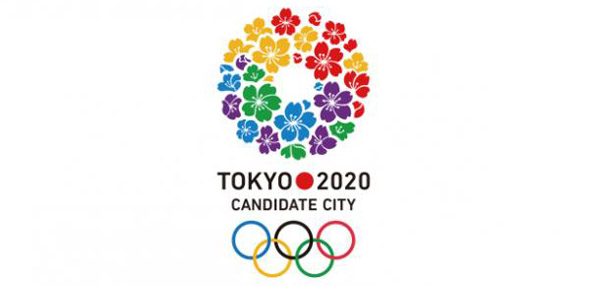Tokyo 2020 Back in London with Promise to ‘raise the Olympic bar’ Still Higher
January 10, 2013
Tokyo came to town today with a message to the Olympic movement that the Japanese megatropolis is a safe pair of hands for the Games in 2020.
Istanbul and Madrid are the contenders when the International Olympic Committee votes in Buenos Aires in September; neither has any hosting history.
Japan, rx on the other hand, thumb has been there and done it four times – once with the summer Games in Tokyo in 1964 and three times with the winter competition.
Tokyo lost out to Rio de Janeiro in the 2016 bidding and now, as exemplified in one of their bid slogans, it aims to “keep the best and improve the rest.”
Every Olympic bidder has issues to confront. For Tokyo these range from still-fresh memories of the tsunami and Fukishima nuclear plant disaster of March 2011 to Olympic family concerns about travelling back to the Far East two years after the winter Games in neighbouring South Korea.
‘Shining example’
Of course, today’s ‘international launch’ after Monday’s candidature delivery to the IOC in Lausanne was all about applying a positive gloss.
Bid leader Tsunekazu Takeda promised that Tokyo would “try to raise the bar” even higher than London 2012 which he acknowledged as “a shining example of how to organise and host and deliver and celebrate the Olympic Games.”
His and his team had acted on feedback from the Copenhagen defeat in 2009 and during the recent applicant phase. Specific issues included following London’s example of creating a legacy vision at an early stage.
None of the present trio of bidders appear to have hit this particular nail on the head as London had managed.
Tokyo’s slogan is “Discover tomorrow” with a message wrapped around the foundation themes of “delivery, celebration and innovation.”
“Tokyo,” said Takeda who is also president of the Japanese Olympic committee and an IOC member, “will be a great host for a wonderful party to inspire the youth of the world.”
New Tokyo governor Naoki Inose talked up “the safest city in the world” as the heart of “one of the soundest and safest of societies.”
A $4.5bn reserve fund had already been set aside for facilities and infrastructure by a metropolitan government whose $134bn annual budget matched that of entire countries such as Norway.
Government backing
Japan’s economy was the third largest in the world and the gdp of Tokyo was the highest of any city in the world.
New Sports Minister Teru Fukui pledged “rocky steady backing” from the government and a redevelopment of the 1964 Olympic National Stadium already guaranteed by its role for the 2019 Rugby World Cup, complete with retractable roof and seats.
He then lapsed into hyperbole with his vision of the stadium as “a centre of sports and culture not only for Japan but for Asia as a whole.”
The Olympic Village, as with the 2016 bid, is again proposed for Tokyo Bay and within walking distance of the main venues so “athletes and spectators and media can concentrate on competition and not worry about congestion,” said bid ceo Masato Mizuno.
www.keirradnedge.com


